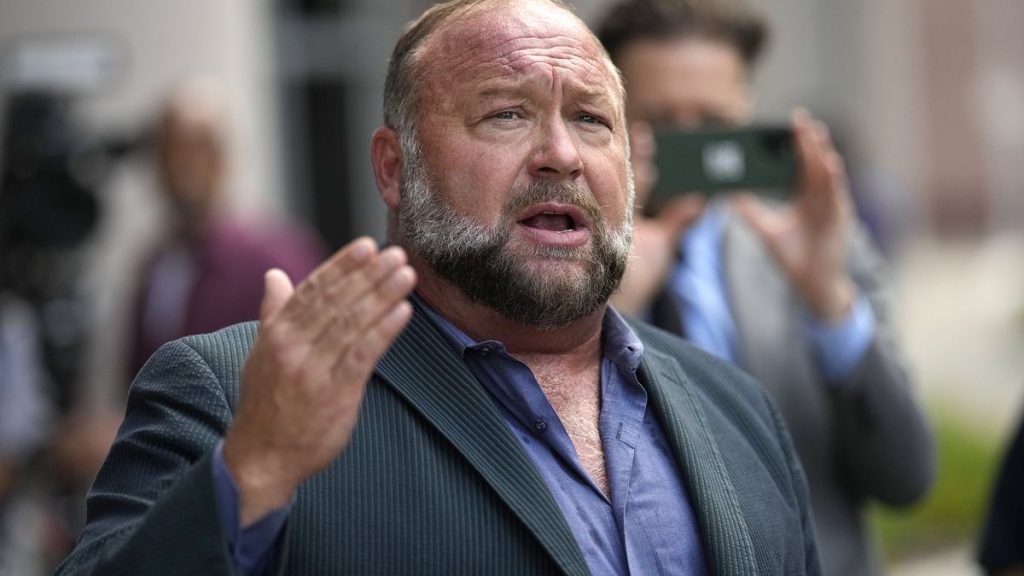The future of conspiracy theory platform Infowars remains uncertain after a federal judge in Texas rejected the auction sale of the website to satirical news outlet The Onion. The decision, a setback for the families of the Sandy Hook Elementary School shooting victims who stood to benefit from the sale, allows Infowars owner Alex Jones to retain control, at least temporarily. Judge Christopher Lopez criticized the auction process, citing transparency concerns and the insufficient amount of money the sale would have generated for the Sandy Hook families. While acknowledging the good faith efforts of all parties involved, he expressed dissatisfaction with the overall outcome, leaving the next steps to the trustee overseeing the auction.
The auction, part of Jones’s bankruptcy proceedings stemming from nearly $1.5 billion in court-ordered defamation damages, attracted bids from The Onion and First United American Companies. The Onion, with the backing of the Sandy Hook families, offered $1.75 million in cash and other incentives, proposing to oust Jones and transform Infowars into a parody platform. First United American Companies, which operates a website selling nutritional supplements under Jones’s name, submitted a higher cash bid of $3.5 million. However, Judge Lopez deemed both bids inadequate, emphasizing the need to maximize the financial recovery for the families who suffered immense trauma due to Jones’s false claims about the Sandy Hook tragedy.
The judge’s ruling sparked mixed reactions. The Sandy Hook families expressed disappointment, reiterating their commitment to holding Jones accountable for the harm he inflicted. Their legal representative stressed that the decision would not deter them from pursuing full compensation from Jones and his businesses. Meanwhile, Jones celebrated the outcome on his Infowars program, labeling the auction “ridiculous” and “fraudulent.” The Onion expressed its disappointment but vowed to continue exploring avenues to support the Sandy Hook families in achieving a positive resolution.
The controversy surrounding Infowars highlights the complex intersection of free speech, misinformation, and accountability. Jones, who repeatedly propagated the false narrative that the Sandy Hook shooting was a staged hoax, has been condemned for his reckless disregard for the truth and the devastating impact of his words on the victims’ families. The legal battles against Jones represent an effort to hold him financially responsible for the emotional distress and harassment suffered by the families as a consequence of his conspiracy theories. The attempted sale of Infowars further underscores the challenges of addressing the spread of misinformation and the need for effective mechanisms to compensate victims of such harmful speech.
The judge’s decision to reject the auction bids underscores the importance of a transparent and equitable process in bankruptcy proceedings, particularly when the proceeds are intended to compensate victims of wrongdoing. The inadequate bids, along with concerns about the auction process, raised questions about whether the proposed sale would truly serve the best interests of the Sandy Hook families. The judge’s focus on maximizing the financial recovery for the families reflects a broader recognition of the need for accountability and redress in cases involving defamation and emotional harm.
As the legal saga surrounding Alex Jones and Infowars continues, the future of the platform remains uncertain. While the rejected auction leaves Jones in control for now, the Sandy Hook families remain steadfast in their pursuit of justice and compensation. The case raises important questions about the spread of misinformation, the responsibility of media platforms, and the long-term consequences of harmful speech. The ongoing legal proceedings will likely shape the landscape of accountability for online misinformation and its impact on victims of such falsehoods.














